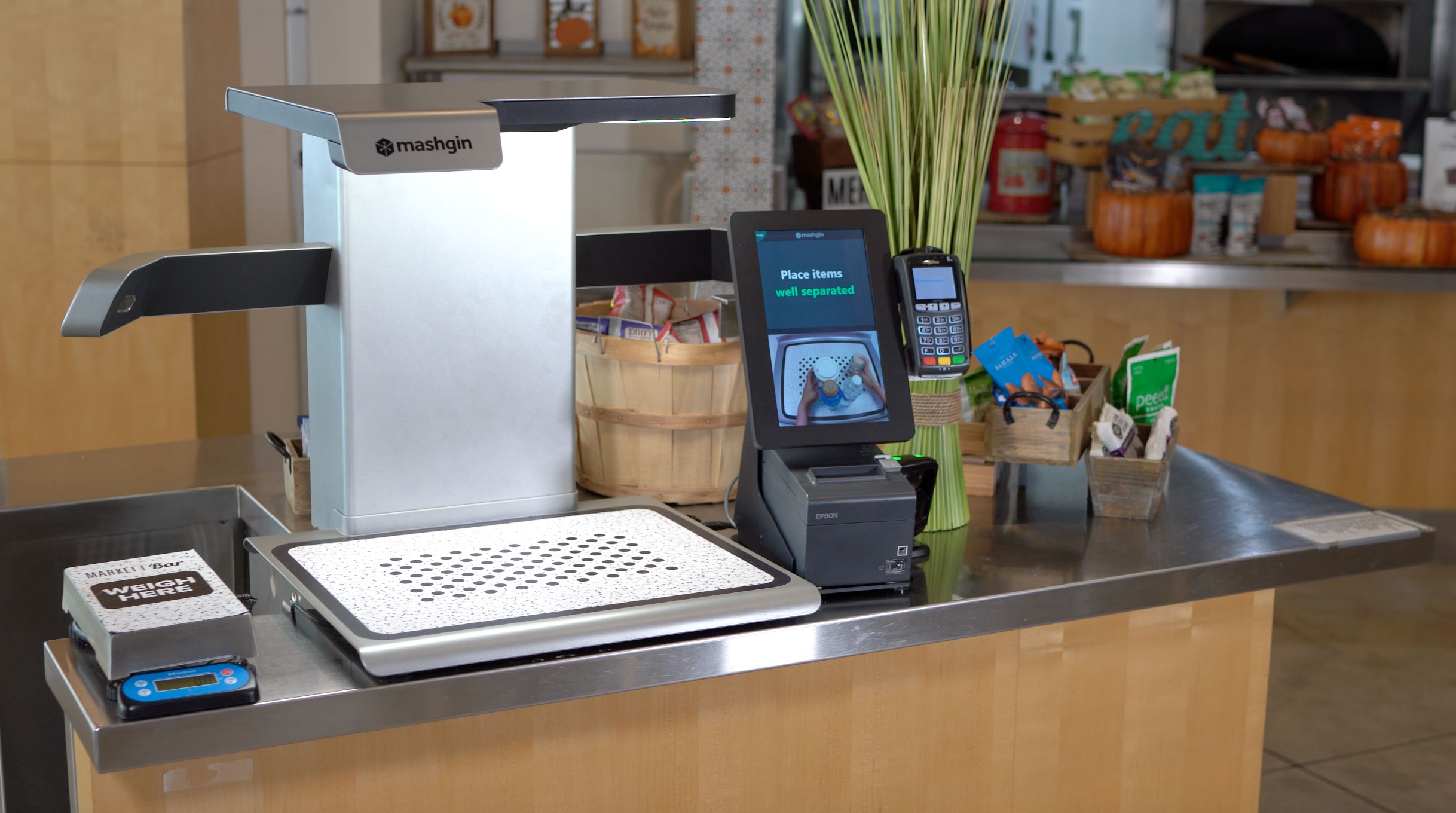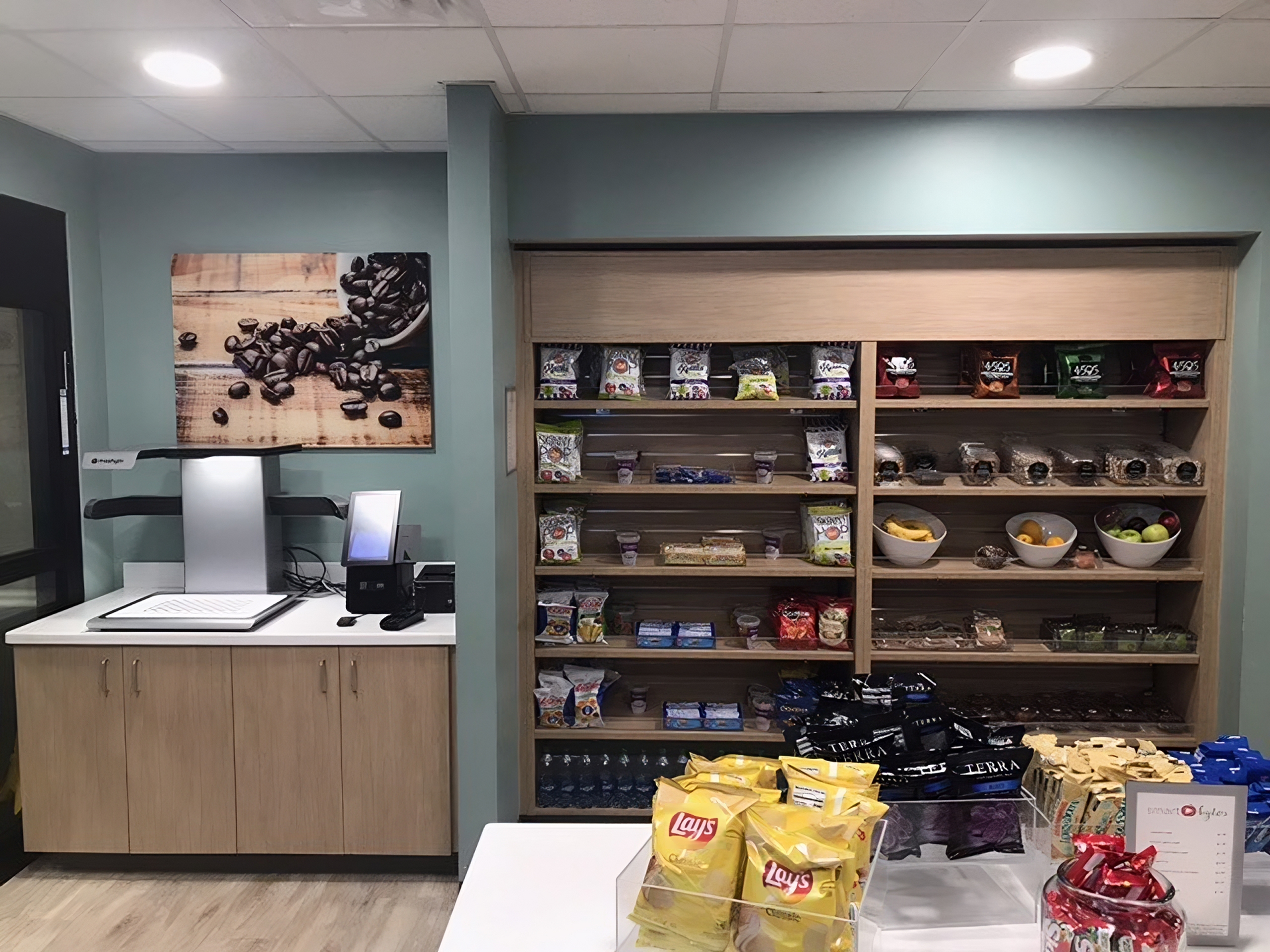How Autonomous Checkout Frees Up Healthcare Professionals

In the fast-paced, high-stress world of healthcare, every second counts. For hospital staff, especially frontline workers, time is a precious commodity that's often in short supply. This is why the rise of autonomous checkout technologies in hospital retail spaces represents not just a convenience, but a subtler, yet profound victory for the healthcare industry.
Autonomous Checkout: The Power of Convenience
Imagine this: it's 3 AM, and a nurse on a 12-hour night shift finally gets a few minutes to take a break. She doesn't need to stand in a line to get a quick meal or a much-needed cup of coffee. With a quick scan and no waiting time, she's in and out of the hospital's retail area in moments, ready to jump back into action.
For healthcare professionals, this seamless and rapid access to food, snacks, and other necessities directly translates into more time that can be spent on the actual provision of patient care. The peace-of-mind provided by touch-free transactions is immeasurable in an environment where infection control is paramount.
Case Studies: Transforming Healthcare with Technology
The real-world impact of autonomous checkout systems is staggering. At Candler Hospital, a pioneering installation of the Mashgin autonomous checkout led to an increase in foot traffic and revenue for the Smart Byte Market. Hospital staff, operating in a round-the-clock environment, found the availability of quick and easy food options a lifeline, boosting not just their convenience but also their morale.
What's more, for administrators watching the bottom line, the technology translated into tangible profit—increasing sales by over 110%, post-implementation. The Smart Byte Market at Candler Hospital serves as a prime example of technology enriching healthcare service provision and patient experience, simultaneously.
The Ripple Effect on Patient Care
Healthcare, at its best, is a deeply human endeavor—and with each minute saved from administrative tasks or waiting in line, healthcare professionals gain an inestimable resource: more time with their patients. This isn't just about efficiency; it's about creating an environment that fosters connection and care, between staff and patients.
The VP of Ancillary Services at St. Joseph’s / Candler, Peter Nyamora, encapsulates the impact succinctly, recognizing the autonomous checkout's role in both operational and personal terms. "At a time when resources are stretched," he says, "having a secure retail location that’s available 24/7 has been an incredible hit with our team, especially those that work late nights and weekends."
In Conclusion: A Step Toward Human-Centric Healthcare
The implementation of autonomous checkout technologies in healthcare settings is more than a convenience—it's a step toward augmenting patient care with technology, freeing up healthcare professionals to do what they do best: care for others. In a global climate where healthcare systems are under more strain than ever, these innovative solutions pave the way for a more human-centric approach to institutional care.
As we see the endorsements and benefits stack up for both hospital staff and their employers, the case becomes clear: investing in technologies like autonomous checkout is a win for everyone, from profits to personal satisfaction. It's a win for patient care, above all, at the moments that matter most.

